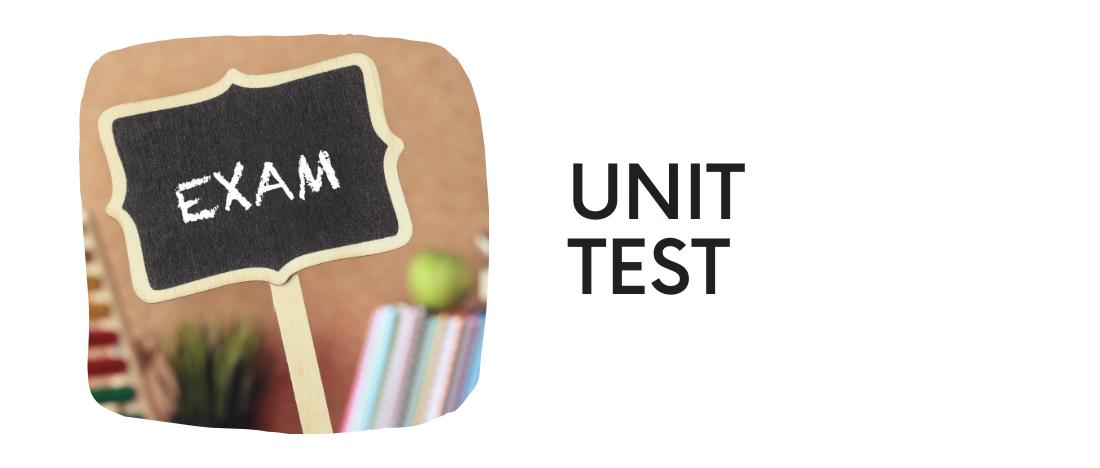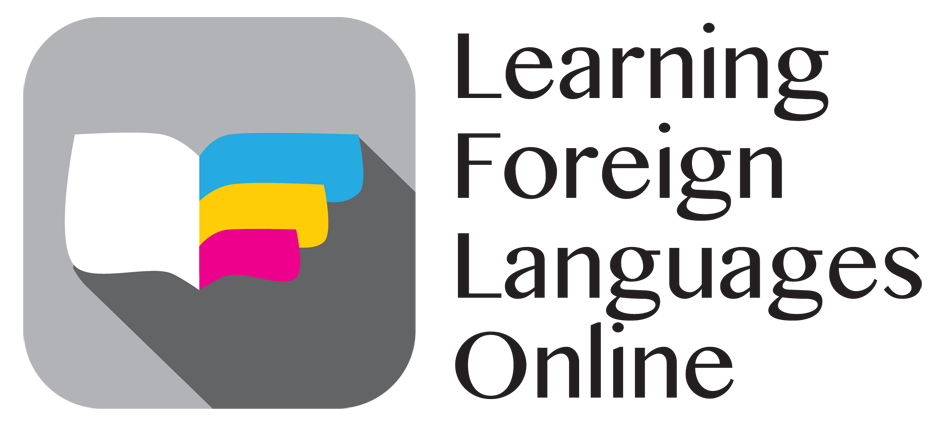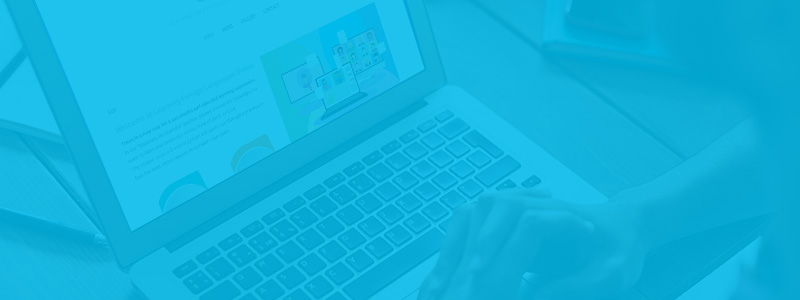
E-course
Reflecting on learning
Module 1 | Unit 8
Introduction
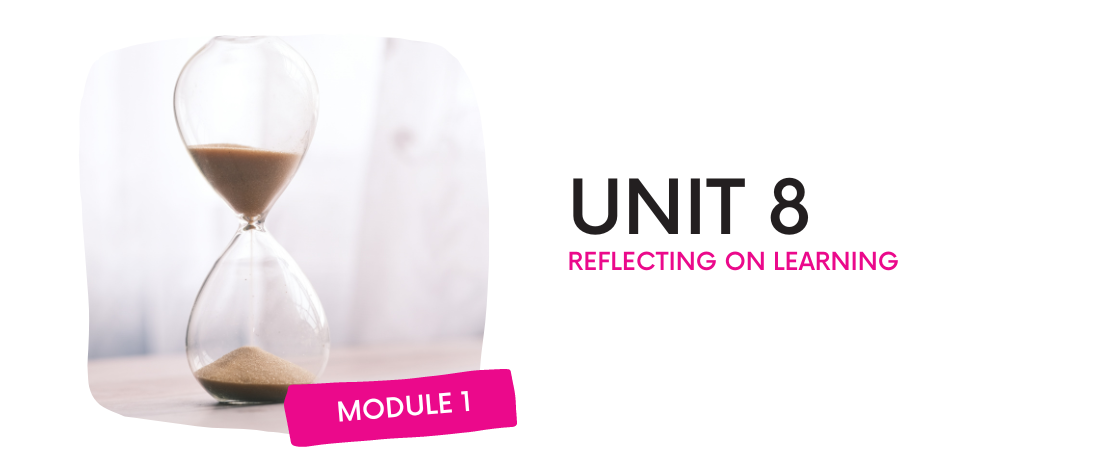
One of the best ways to improve your foreign language learning is to self-reflect. By looking back on your learning, you can find out what your strengths and weaknesses are and establish a better way to work towards your learning goals. Self-reflecting can help you track your learning progress and achievements, but also revise what you have learned. This is a great way to activate your mind and improve your memory, which can strengthen your knowledge of a new language. Adopting a habit of self-reflection is crucial to your success, and you can do that by including a few simple and short activities into your daily learning routine.
Getting started

Tips

1. Reflecting on learning
Reflecting on learning may sound complicated but what it really is is just a very useful tool that you can use to your advantage. We learn different skills and acquire knowledge as we go through life, but we rarely think about the ways in which we have learned. Reasons for this are numerous, maybe the last time we learned something new was during our formal education and we were so focused on moving on to the next phase that we never really stopped to think about the processes we go through and why we go through them. When we transition from formal learning to informal learning our motivations for learning change. This is where reflecting on learning becomes important. When you don’t have a lot of time to dedicate to learning a new language you need to make every moment count. As you include reflective learning in your process, slowly but surely you will notice your capacity for learning increasing.
2. Understand your learning process
Understanding the learning process means that we take time to understand the material we’re working on and its concepts, how well we can implement what we have learned and realize which learning strategies work for you. It can also help us understand and realize which parts of the learning process we enjoy the most, what our preferences are and how we feel about them. Most importantly, it can help us focus on our goals to know where and when we plan to implement something that we have learned and what we hope to achieve.
While reflecting on our learning process we may ask ourselves the following questions:
• Which parts of the material do I understand well? How do I know that I understand this material well? How can I check if I understand it?
• Which parts of the material do I struggle with? What specifically am I struggling with, and why? Can I form specific questions about the part of the material I am struggling with?
• Are there any changes that I can make to my learning process to make it better for me?
• Should I ask someone else for help, either with my reflection on learning or with the learning itself? If so, then what questions should I ask, and who is a good person to help me with this?
3. Becoming aware of your learning process
Becoming aware of our own thinking processes, the way we learn and the way we should be learning is the first step in strengthening our own capacity to learn. Reflective learning enables assessment of the “why” and “how” of the learning, as well as what needs to be done as a result. If this becomes a part of your routine, it will be easy for you to describe what you need to learn, and how as well as the whole learning process.
Metacognition is a process of becoming aware of the road you need to take to “close the gap” between what you know and what you need to learn. Reflecting on learning means you are aware of your goals, and you know exactly how you should get there.
For example, it means that you will ask yourself how well you understand each topic and know exactly what you should focus on more, and/or which topic you should spend more time on.
4. Change the strategies you use
A part of self-reflection in learning includes understanding what types of tasks help us most to improve and what we feel most comfortable doing. We all like to take in information in different ways. Sometimes the reason for the lack of progress we may be facing, or progress that is slower than wanted or expected can be as simple as the materials not being available to us in a form that suits us. We all respond to different stimuli and find which is yours. Don’t think there is one way to improve your language skills. If you are working on improving your listening skills and you don’t like answering questions, but really learn the best when you take notes then adjust the task to what works the best for you. This will help you realize your full potential, reduce the stress of learning, it will increase your self-confidence, and inspire you to be more curious about the topic of your studies.
5. Correct your own mistakes
It is important we become aware of the processes we go through as we are learning, to understand what we are capable of and the progress we make. One of the ways to start becoming aware is to take a good look at our mistakes. They are a normal and welcome part of this journey you are on. Don’t be afraid of them, use them! When you can assess your skills while you are working on improving them you won’t lose time practicing something you are already good at, but instead, you will focus your time and energy to get better at things that require your attention. This may seem difficult, but it is highly effective. Whenever you do any task that involves reading comprehension, writing, gap filling, or answering questions don’t just check if your answers are correct or not and move on. To really engage yourself actively in the learning process try to write down explanations for each of the wrong answers.
More resources
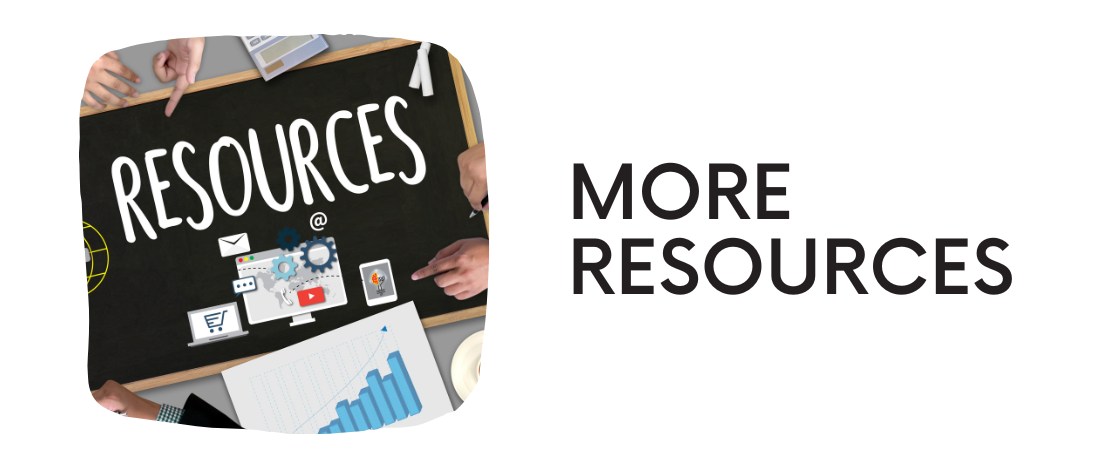
Still want to continue learning about the topic of this unit? Not to worry, we have made a selection of further resources that you can use if you would like to find out more. Just click on the links and keep learning!
Practical tasks
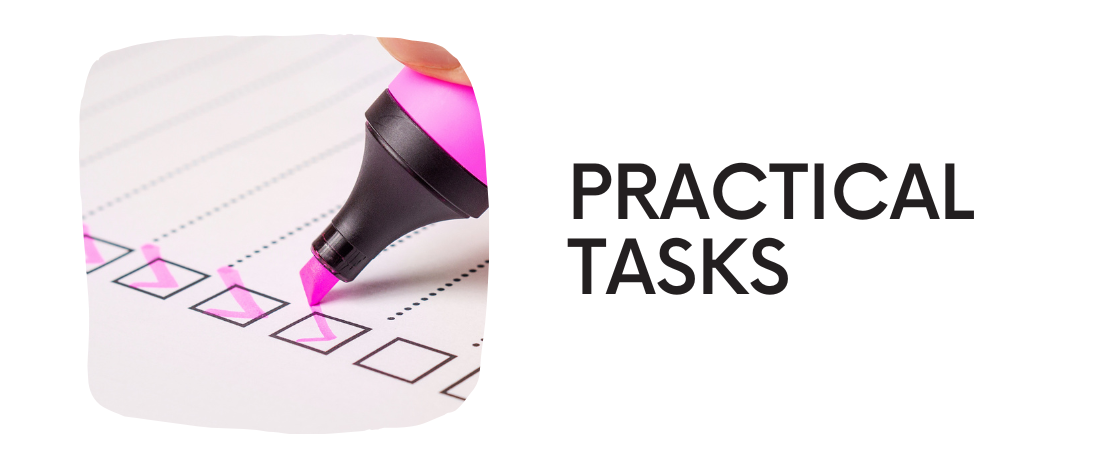
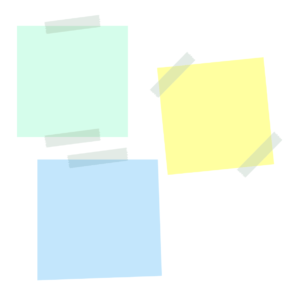 Question cards can help you understand yourself and your learning progress better. After finishing your daily learning routine, reflect on your achievements by asking yourself a few simple questions. For example, What did I learn today? Or what was the most difficult thing to learn today? By doing this, you can revise what you have learned and understand the difficult parts of the learning process better. In case you didn’t reach all your learning goals, you can think about how to change that and what to do to make your learning more effective next time. This will help you to focus on smaller, daily goals and keep track of your achievements step by step, instead of overwhelming yourself only at the end of your language learning process. Doing only one self-reflection at the end of a big part of the learning process may result in too much feedback information at once and it might be difficult for you to realize what you need to revise and what you have learned.
Question cards can help you understand yourself and your learning progress better. After finishing your daily learning routine, reflect on your achievements by asking yourself a few simple questions. For example, What did I learn today? Or what was the most difficult thing to learn today? By doing this, you can revise what you have learned and understand the difficult parts of the learning process better. In case you didn’t reach all your learning goals, you can think about how to change that and what to do to make your learning more effective next time. This will help you to focus on smaller, daily goals and keep track of your achievements step by step, instead of overwhelming yourself only at the end of your language learning process. Doing only one self-reflection at the end of a big part of the learning process may result in too much feedback information at once and it might be difficult for you to realize what you need to revise and what you have learned.
Click here to download printable question cards for self-reflection.
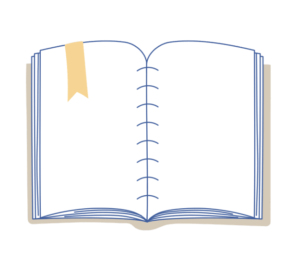 You can reflect on your learning by keeping a record of your progress in a form of a journal or a diary. The easiest way to start your journal is by answering the quick card questions mentioned above. Write down the answers at the end of every daily learning session on your paper or digital notebook, so that you can always come back to them and see how much you have learned and improved. You can keep your observations short and simple, but you can also add additional thoughts and ideas for improving your learning. Add sketches or other visual symbols to your journal and completely adjust it to your needs.
You can reflect on your learning by keeping a record of your progress in a form of a journal or a diary. The easiest way to start your journal is by answering the quick card questions mentioned above. Write down the answers at the end of every daily learning session on your paper or digital notebook, so that you can always come back to them and see how much you have learned and improved. You can keep your observations short and simple, but you can also add additional thoughts and ideas for improving your learning. Add sketches or other visual symbols to your journal and completely adjust it to your needs.
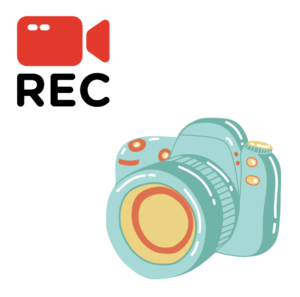 Writing a journal can also be done in the form of audio or video files. Instead of writing down your observations, you can record yourself talking about them. You can even edit your video journals through free online video editors like WeVideo or Journey and self-reflect on your language learning journey in a fun way. However, don’t forget to reflect only on your short-term, daily achievements.
Writing a journal can also be done in the form of audio or video files. Instead of writing down your observations, you can record yourself talking about them. You can even edit your video journals through free online video editors like WeVideo or Journey and self-reflect on your language learning journey in a fun way. However, don’t forget to reflect only on your short-term, daily achievements.
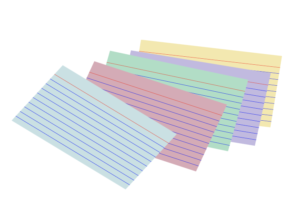 Exit cards serve us to measure our success very accurately. They are quite easy to make once you know what your goals for a certain lesson are. This can be one of the most effective ways to learn a language because it is easy to lose motivation if you are not sure why you are learning something at all. A good example would be deciding to learn 5 new phrases in each learning session during the week. Once you know that is your goal for that period you can create an exit card. You can score the tasks you have done on your exit card, depending on whether or not you did them with the desired level of success. Your exit card can have tasks such as: Repeat 10 new phrases you have learned. Can you use all of the phrases in sentences? Indicate the level of comfort you feel using these new phrases. You can also highlight the phrases you haven’t mastered yet so the exit card can also be a useful tool for revision.
Exit cards serve us to measure our success very accurately. They are quite easy to make once you know what your goals for a certain lesson are. This can be one of the most effective ways to learn a language because it is easy to lose motivation if you are not sure why you are learning something at all. A good example would be deciding to learn 5 new phrases in each learning session during the week. Once you know that is your goal for that period you can create an exit card. You can score the tasks you have done on your exit card, depending on whether or not you did them with the desired level of success. Your exit card can have tasks such as: Repeat 10 new phrases you have learned. Can you use all of the phrases in sentences? Indicate the level of comfort you feel using these new phrases. You can also highlight the phrases you haven’t mastered yet so the exit card can also be a useful tool for revision.
Prepare different exit tickets. They can be three different smiley faces that indicate the level of satisfaction after completing tasks. They can have sentence beginnings that you need to finish such as: I understand…. Before I didn’t know … but now I know … I still have trouble with … One important thing I did today is …
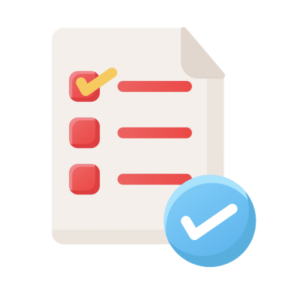 List all the learning techniques you have used up until that point and rank them according to how effective they are for you. After you have realized which techniques are helpful and which are not, think about why that is. Try to write down the reasons. After this, list all the different ways you can adjust the tasks to suit your learning style. Maybe you enjoy diagrams, using colors, making lists, and sequencing. It doesn’t matter, what matters is that you identify your strengths and use them in your favor. This will help you engage more actively in your learning process.
List all the learning techniques you have used up until that point and rank them according to how effective they are for you. After you have realized which techniques are helpful and which are not, think about why that is. Try to write down the reasons. After this, list all the different ways you can adjust the tasks to suit your learning style. Maybe you enjoy diagrams, using colors, making lists, and sequencing. It doesn’t matter, what matters is that you identify your strengths and use them in your favor. This will help you engage more actively in your learning process.
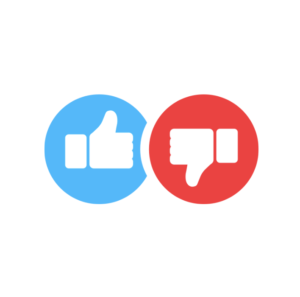 Choose a type of task you don’t enjoy doing, it can be listening comprehension, a writing activity, gap fill, etc. do the exercise and after you have checked the answers write down the explanations for each wrong answer. This way you might realize more about what helps you learn than you know. You may come to see that you knew the answers, but you were distracted thinking about something else, or maybe you did the exercise at a time of day that doesn’t suit you. You can detect areas you need to work on more and after some time you might find that you have very little to explain because you now understand what helps you learn, what keeps you productive and, maybe even makes you like tasks you didn’t think you would.
Choose a type of task you don’t enjoy doing, it can be listening comprehension, a writing activity, gap fill, etc. do the exercise and after you have checked the answers write down the explanations for each wrong answer. This way you might realize more about what helps you learn than you know. You may come to see that you knew the answers, but you were distracted thinking about something else, or maybe you did the exercise at a time of day that doesn’t suit you. You can detect areas you need to work on more and after some time you might find that you have very little to explain because you now understand what helps you learn, what keeps you productive and, maybe even makes you like tasks you didn’t think you would.
Unit test
